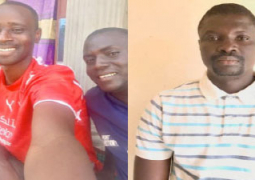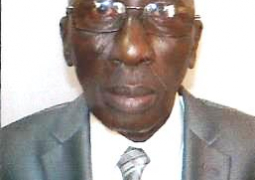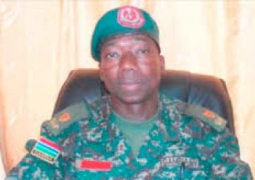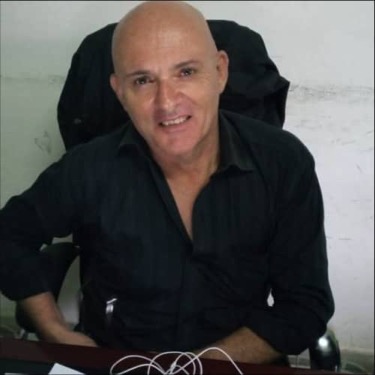
Let’s talk about the narrative. The story so many young people believe the fairy tale that Europe is some magical land where the streets are paved with gold, where euros fall from trees, where everyone drives big cars and lives in mansions. A lie wrapped in a shiny bow and delivered straight to their phones, their Facebook feeds, their WhatsApp groups.
But let me tell you something. Europe is not paved with gold. In fact, for far too many of our brothers and sisters, Europe is paved with broken dreams, cold streets, and the harsh reality of rejection.
Because here’s the truth. The majority of asylum applications from Gambians are rejected. Why? Because most of them don’t qualify under asylum laws. They are sent back deported, defeated, disillusioned. And that’s if they’re lucky enough to survive the journey.
Now, let me ask you. Have you seen the images of what happens in Libya? Have you seen the footage of young Africans Gambians beaten, starved, sold as slaves? Sold like cattle! This is not a horror movie. This is real life. And yet, we continue to believe the lie.
And where does this lie come from? Social media. The filtered photos, the flashy updates from those who’ve made it to Europe and are too ashamed to show the truth. They don’t show you the cramped shelters, the cold nights sleeping on park benches, the daily battle to survive without papers or dignity.
But let’s not just blame social media. Let’s be honest with ourselves. Our own communities fuel this fantasy. The uncle who comes back from Italy once a decade in a shiny suit, acting like he owns the world. The neighbor who sends a few euros back home and suddenly everyone forgets the risks they took and the lives that were lost along the way.
We’ve turned this dangerous journey the back way into a rite of passage, when it should be a cautionary tale.
Do you know what’s heartbreaking? It’s not just the young men anymore. It’s the young women, the mothers, the fathers. People who are so desperate to escape poverty and hopelessness that they’ll risk everything everything for a dream that doesn’t exist.
Let me tell you about Europe. Europe is cold not just in weather, but in its welcome. Europe has its own problems. It doesn’t have room for everyone. And let’s be honest, it’s not waiting with open arms for Gambians to come and live the good life. That’s not how it works.
This is not just a Gambian problem. This is the humanitarian crisis of our century. The Mediterranean has become a graveyard. Thousands of our brothers and sisters have died trying to cross it. Thousands more are trapped in detention centers, living lives of unspeakable suffering.
So, what do we do? How do we change the narrative?
First, we tell the truth. The raw, ugly, unfiltered truth. That’s why AMAC is translating the hard-hitting documentary Libya’s Migrant Hell into Mandinka, Wolof, and other local languages. Because our people need to see what really happens.
Second, we start conversations. We host screenings in communities, on TV, on YouTube. But we don’t stop there. After the screenings, we sit down with the youth, the parents, the elders, and we talk. We listen. We ask the tough questions “Is this the future you want for your child? Is this the risk you’re willing to take?”
Third, we offer alternatives. Because let’s be honest. The back way isn’t just about greed or ambition. It’s about hopelessness. It’s about young people who feel they have no options. We need to give them hope, opportunities, and reasons to stay.
This isn’t just about stopping migration. It’s about saving lives. It’s about giving our youth the chance to dream differently. To dream of building something here, in The Gambia, rather than chasing a fantasy abroad.
And finally, it’s about us every single one of us. Because changing the narrative isn’t just AMAC’s job. It’s not just the government’s job. It’s everyone’s job. It’s the uncle who brags about life in Europe. It’s the mother who pushes her son to go, thinking it’s the only way. It’s the elder who sits silently, watching the youth leave without speaking up.
So, I’m asking you.What will you do to change the narrative?
The Gambia doesn’t need to lose another generation to the back way. We don’t need more graves in the Mediterranean. We don’t need more families torn apart by lies and desperation.
We need hope. We need truth. And most of all, we need each other.
Read Other Articles In Opinion
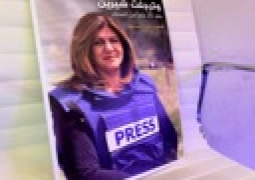
Recollection: Shireen Abu-Akleh’s murder is a reflection of Palestine’s ongoingNakba
May 17, 2022, 1:09 PM
